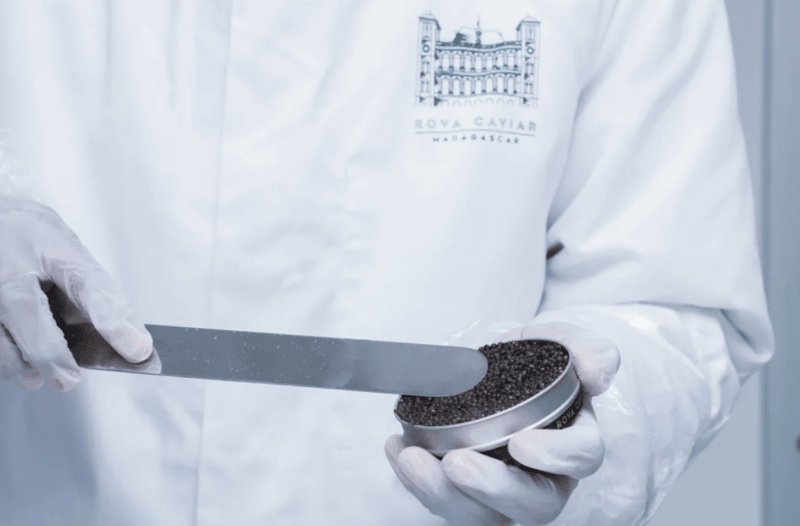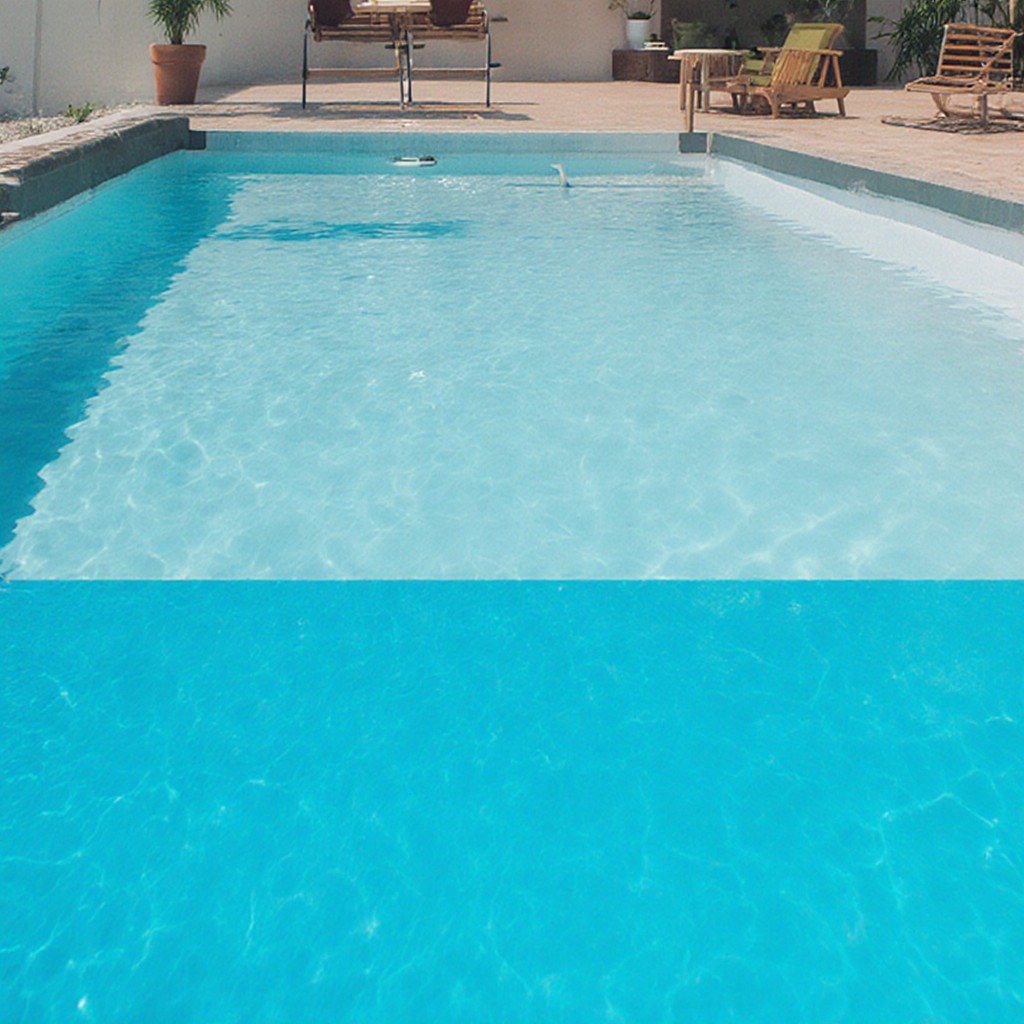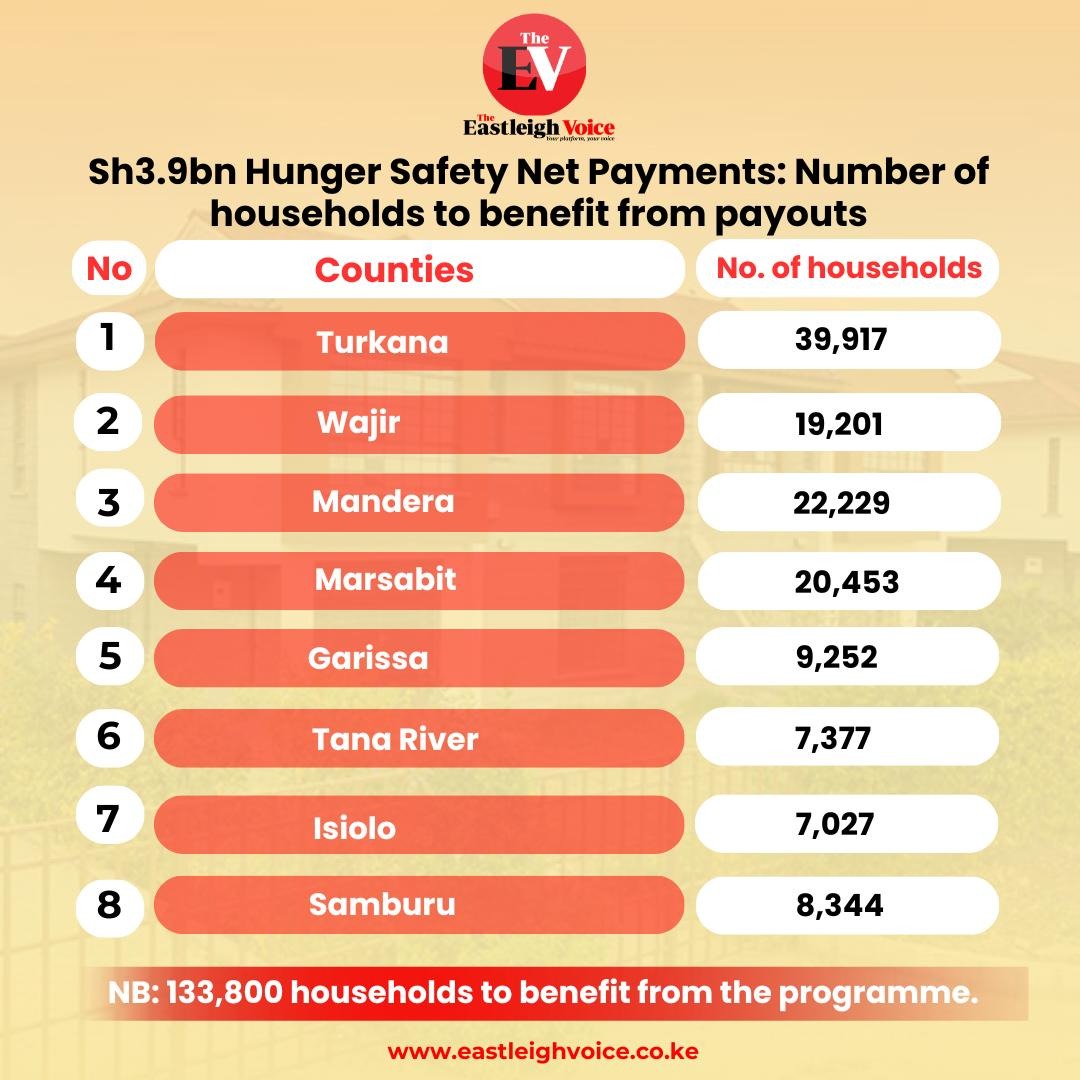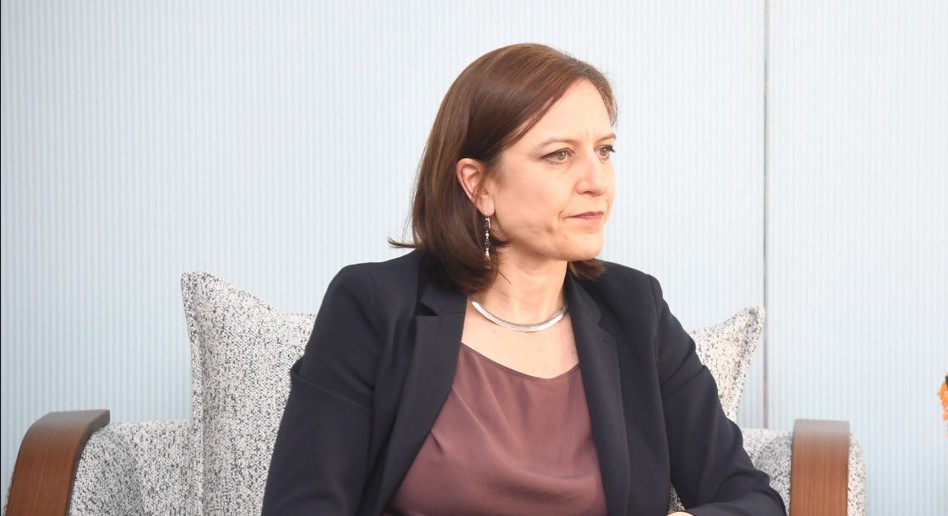Madagascar becomes Africa’s first producer of luxury fish egg delicacy costing up to Sh2.59 million

Caviar is not only a luxury delicacy but also a symbol of cultural prestige, with prices reaching up to $27,000 (Sh3.49 million) for just a teaspoon
Madagascar has made history by becoming Africa’s first producer of caviar, a delicacy long dominated by Russia, Iran and China.
The island nation, more famous for its tropical beaches and wildlife, is now competing in the global caviar market with its high-end brand, Rova Caviar.
More To Read
- Madagascar President appoints military general as prime minister amid mass protests
- Madagascar's president announces dissolution of government
- Madagascar's president condemns looting, calls for calm
- Journey to the final: Morocco vs Madagascar in historic CHAN showdown
- Coach Rakotondrabe reveals how Madagascar outfoxed Harambee Stars
- Portal crashes amid high demand for Kenya vs Madagascar match tickets
Caviar, often called “black gold,” is a luxury food made from sturgeon eggs. The rarest variety, Beluga caviar, can sell for up to $20,000 (Sh2.59 million) per kilogram.
Madagascar’s Rova Caviar, produced by the company Acipenser, has already found its way into Michelin, starred restaurants across Europe.
The journey began in 2009 when three French entrepreneurs, Delphyne and Christophe Dabezies, along with Alexandre Guerrier, took a risk by setting up a caviar business in Madagascar.
In an interview with CNN, Dabezies said their biggest challenge was creating the right conditions for sturgeon farming, as the fish typically thrive in cold waters like the Caspian and Black Seas.
“Every expert was saying it was impossible,” Dabezies said.
She noted that the breakthrough came when they identified Lake Mantasoa, located 1,400 meters above sea level, as an ideal location. Unlike the icy waters of traditional caviar-producing regions, Lake Mantasoa has a mild temperature of 25°C, which allows the fish to grow faster without compromising quality.
Despite initial struggles, including failed attempts to import sturgeon eggs from France, they succeeded in 2013 by bringing in 35,000 eggs.
Currently, Acipenser houses over 60,000 fish, including highly prized breeds such as Beluga, Russian, Siberian and Starry sturgeon.
“Nobody in the beginning though it was possible, and nobody wanted to help us. It took the arrival of a retired sturgeon farming expert Francoise Rennes, on vacation in Madagascar, to help them get their project off the ground. And then one day, driving to their weekend house, they saw the lake,” Dabezies said.
“It turned out to be absolutely the perfect environment to grow the sturgeon.”
Caviar farming is a meticulous process, taking up to ten years for a sturgeon to mature fully. The company said it uses ultrasound scans to determine the ideal moment to harvest the roe, ensuring top quality. The eggs are then cleaned, sorted, and salted before being refrigerated for four months to develop their signature nutty flavor.
Caviar is not only a luxury delicacy but also a symbol of cultural prestige, with prices reaching up to $27,000 (Sh3.49 million) for just a teaspoon. The high cost is largely due to the lengthy maturation period of sturgeon fish, which can take anywhere from eight to 20 years to produce roe.
Beyond its rarity, caviar is prized for its exquisite taste.
“You just sort of press it against your palate and the little eggs dissolve into deliciousness,” Nichola Fletcher, author of Caviar: A Global History said in an interview with CNN.
Producing premium caviar also requires heavy investment. Acipenser’s enclosures, made from 50 kilometres of rope, took a month to construct. Feeding the fish properly costs Sh16.8 million ($130,000) per month. Additionally, underfed sturgeons take twice as long to develop, so cost-cutting is not an option.
By 2017, the first sturgeon eggs hatched in Madagascar, and by 2019, Rova Caviar had made its international debut. Currently, 90 per cent of its production is exported to Europe, where it has been embraced by 15 Michelin-starred restaurants.
The company said that by 2027, its prized Beluga sturgeon will be mature enough to produce caviar. Given that Beluga caviar can fetch up to Sh2.59 million ($20,000) per kilogram, Madagascar is poised to become a major player in the luxury food industry.
Beyond producing high-end caviar, Acipenser is committed to improving local livelihoods. Over 80 per cent of its employees come from the surrounding community, receiving benefits such as free housing (equipped with gyms and mini theatres), medical insurance, and three meals a day.
The company has also implemented sustainability measures, including restocking the lake to support local fisheries, installing a water monitoring system, and putting in place pollution control facilities.
Madagascar is a unique place with incredible potential. We are proud to be a part of its story and to share its treasures with the world,” Dabezies said.
Top Stories Today

















































